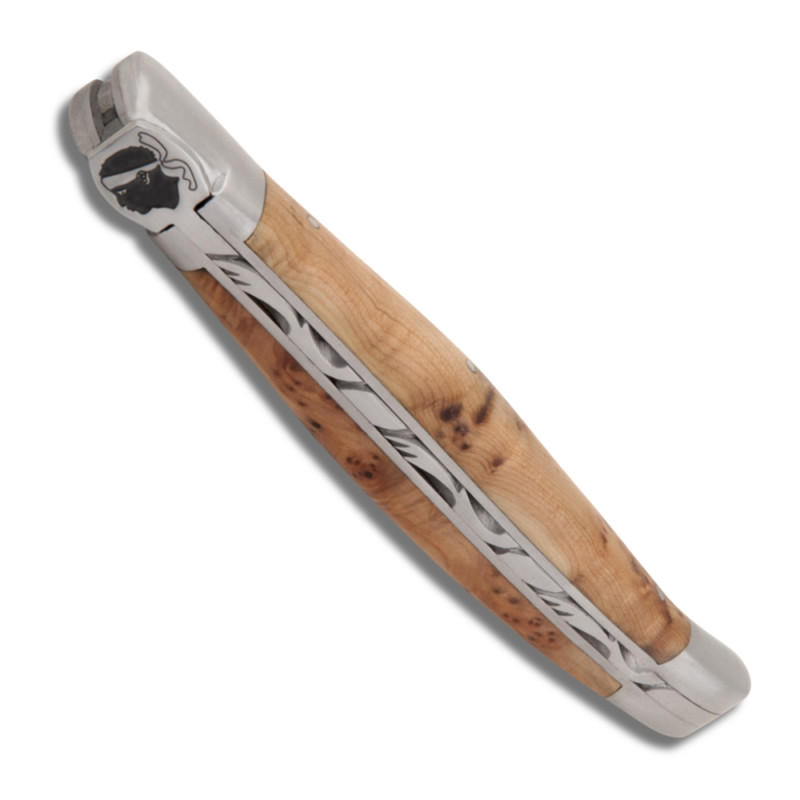







Product customization
Don't forget to save your customization to be able to add to cart
You might also like